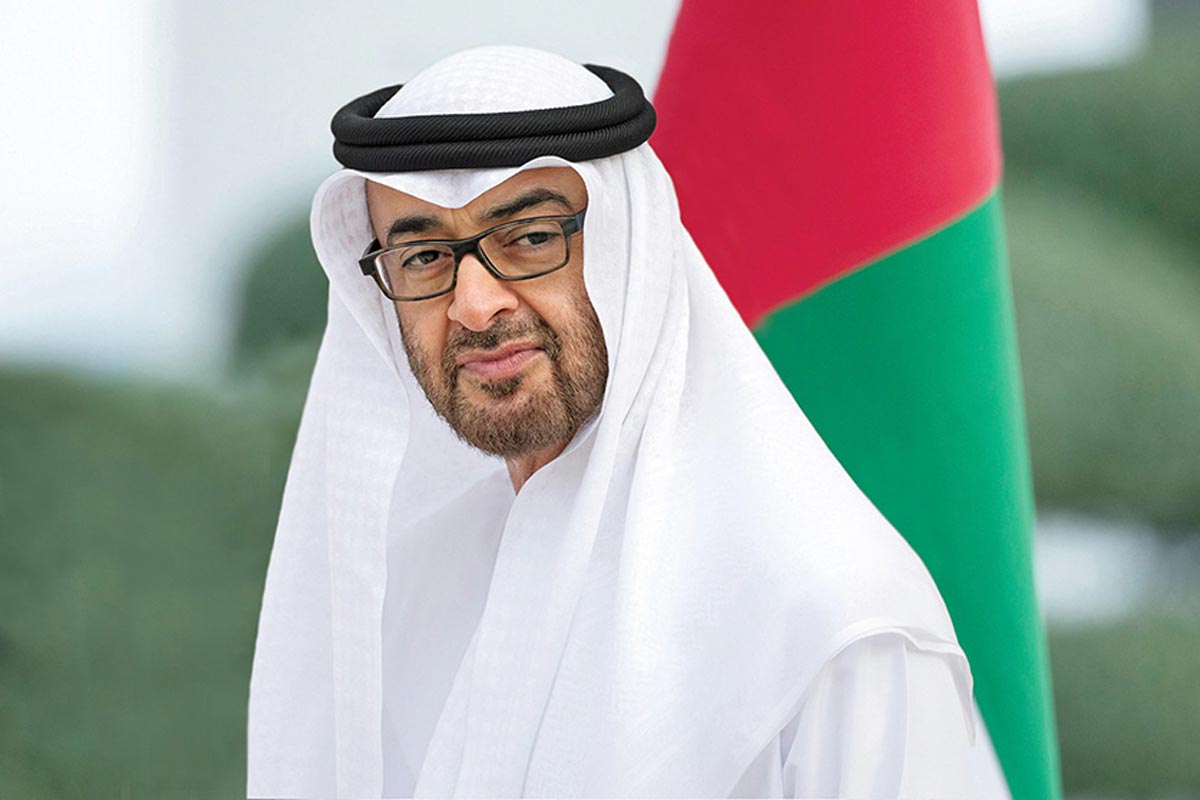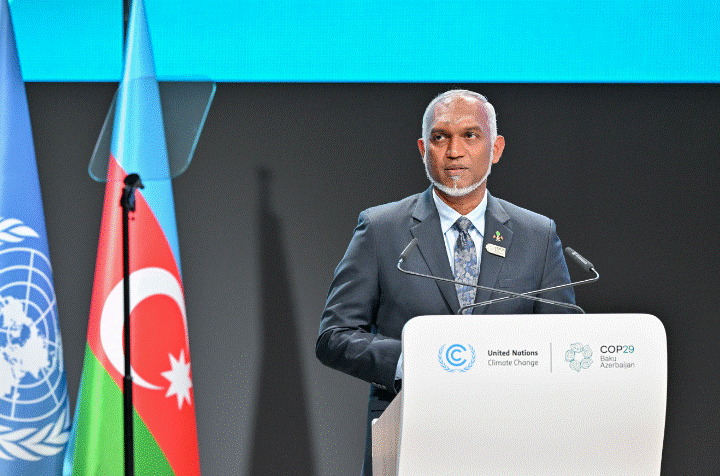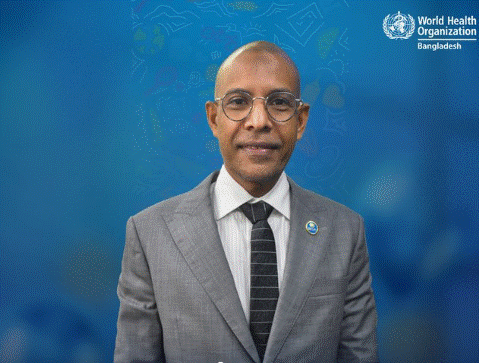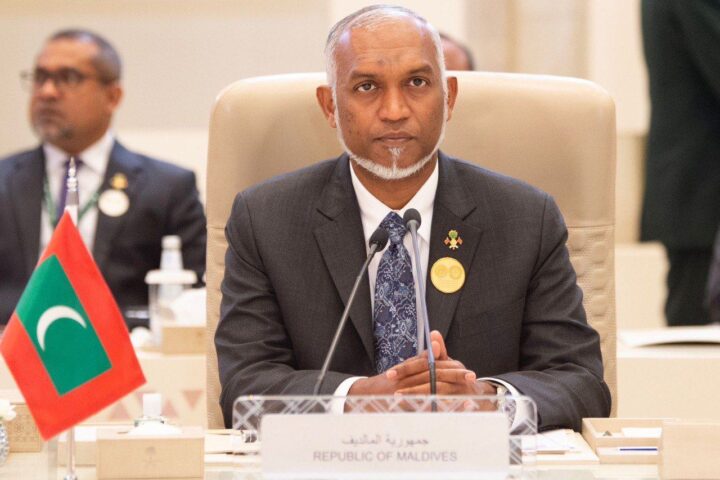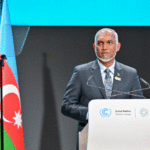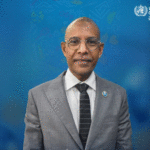ABU DHABI, United Arab Emirates — In a move that reflects the UAE’s growing emphasis on nurturing local religious leaders, Sheikh Mohamed bin Zayed has introduced a groundbreaking scholarship program for Islamic studies. This initiative, developed in partnership with the General Authority for Islamic Affairs, Endowments and Zakat, and Mohammed bin Zayed University for Humanities, is setting a new standard for what it takes to excel in this field.
The requirements to apply are no small feat. Students need to have achieved at least a 90% average in high school, along with strong language skills. To even be considered, applicants must score 1,200 points in Arabic on the Emirates Standardized Test and 950 in English, or similar scores on international tests like IELTS or TOEFL. And that’s just the beginning—the selection process also includes a personal interview, designed to find candidates who are not just academically gifted but also well-rounded individuals.
But the program’s demands are matched by its rewards. Those who are accepted will receive full tuition coverage, housing, transportation, and a monthly stipend of 6,000 dirhams (around $1,635). Most importantly, graduates are promised employment opportunities within the General Authority for Islamic Affairs, Endowments and Zakat, creating a clear path from education to meaningful work in religious leadership.
This focused investment in developing religious scholars raises an interesting question: Why aren’t other Muslim-majority countries following a similar model?
The Maldives, for example, could adapt this approach to address its own unique needs. Imagine a program that blends Islamic scholarship with expertise in climate science, Islamic finance, and sustainable tourism—areas crucial to the country’s future.
As the program rolls out over the next five years, it may well become a model for how targeted educational investments can shape the future. The UAE is betting that by setting high standards and providing comprehensive support, it can cultivate a new generation of religious leaders who are not only grounded in Islamic tradition but also equipped to navigate the complexities of the modern world.
For Sheikh Mohamed bin Zayed, this isn’t just an educational initiative; it’s a long-term investment in the UAE’s future. The country is positioning itself as a leader in religious education and leadership development, showing the world what can be achieved with vision and commitment.
